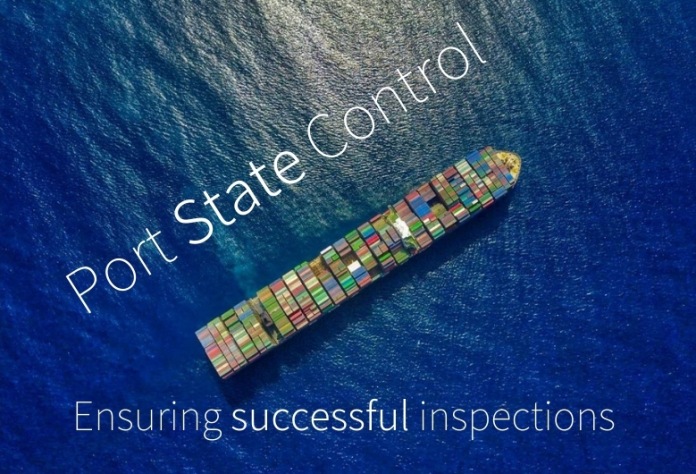Port State Control detentions due to ISM failures are becoming more common as the authorities are grouping deficiencies together to justify detaining the ship. The objectives of the International Safety Management (ISM) Code are to ensure safety at sea, prevention of human injury or loss of life, and avoidance of damage to the environment and property.
The objectives of the ISPS Code are to ensure security of ships and port facilities. The company is responsible for implementing an effective safety and security management system to ensure these objectives are met. By doing this, the risk to the fleet can be minimized and avoid costly fines and Port State Control detentions. Effective implementation of ISM and ISPS will protect the fleet’s reputation and help to get most out of the company’s resources.
To help reduce these risks, as a minimum, the items on the checklists below should be included as part of your final checks prior to voyage and port entry to ensure they continue to conform to international convention requirements. It is strongly advised that all items are checked on an ongoing basis to supplement your own operational and maintenance procedures and your Flag State’s requirements.
This guide should be used in conjunction with the normal pre-port arrival and departure checks required by international regulations and in conjunction with on board routine maintenance programs. If any of the items identified in the checklists are not in good working condition, the crew should take appropriate steps to remedy the situation prior to arrival into port. Source – https://maritimecyprus.com/2019/04/22/port-state-control-reducing-the-risk-of-deficiencies-and-detentions/

